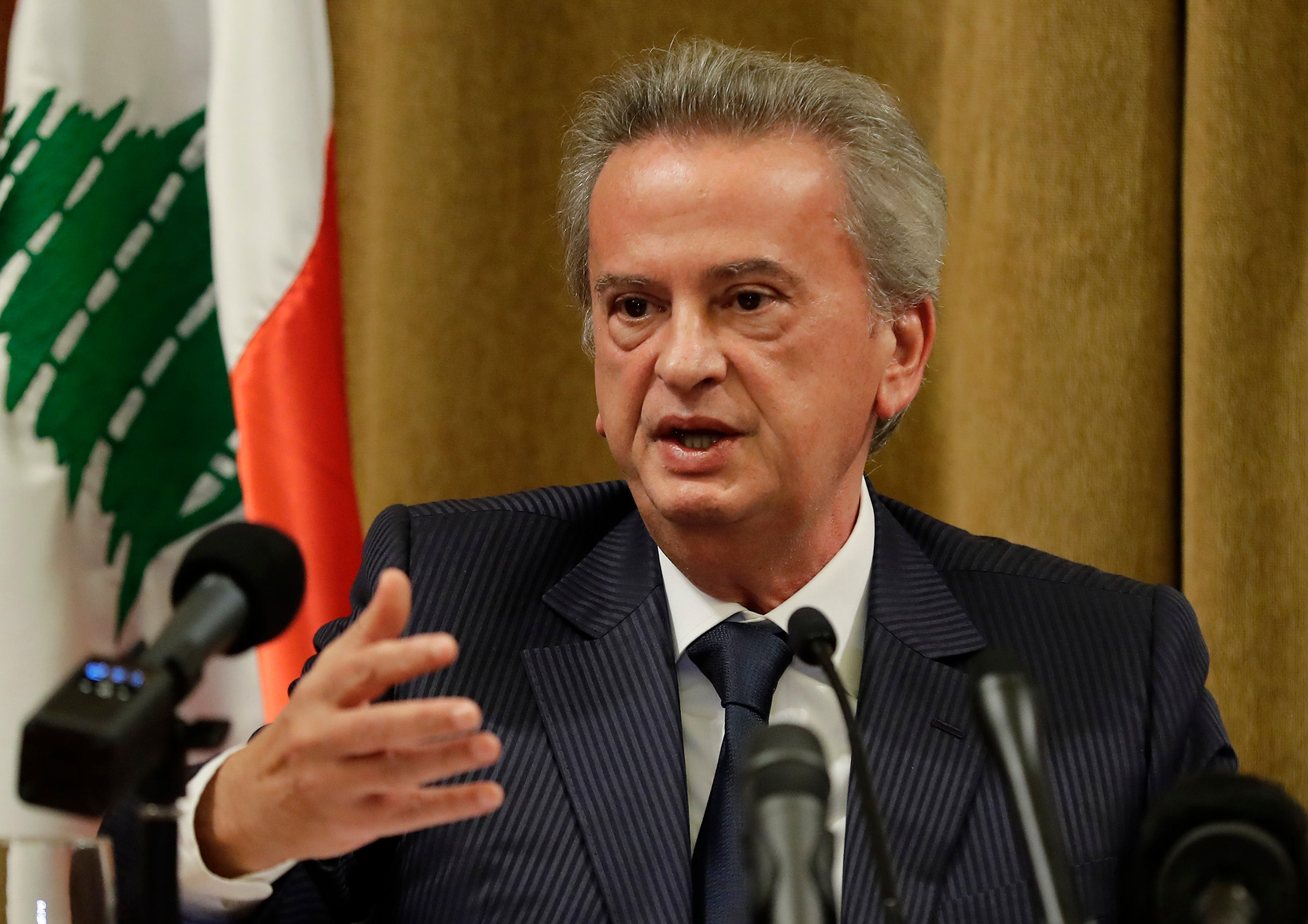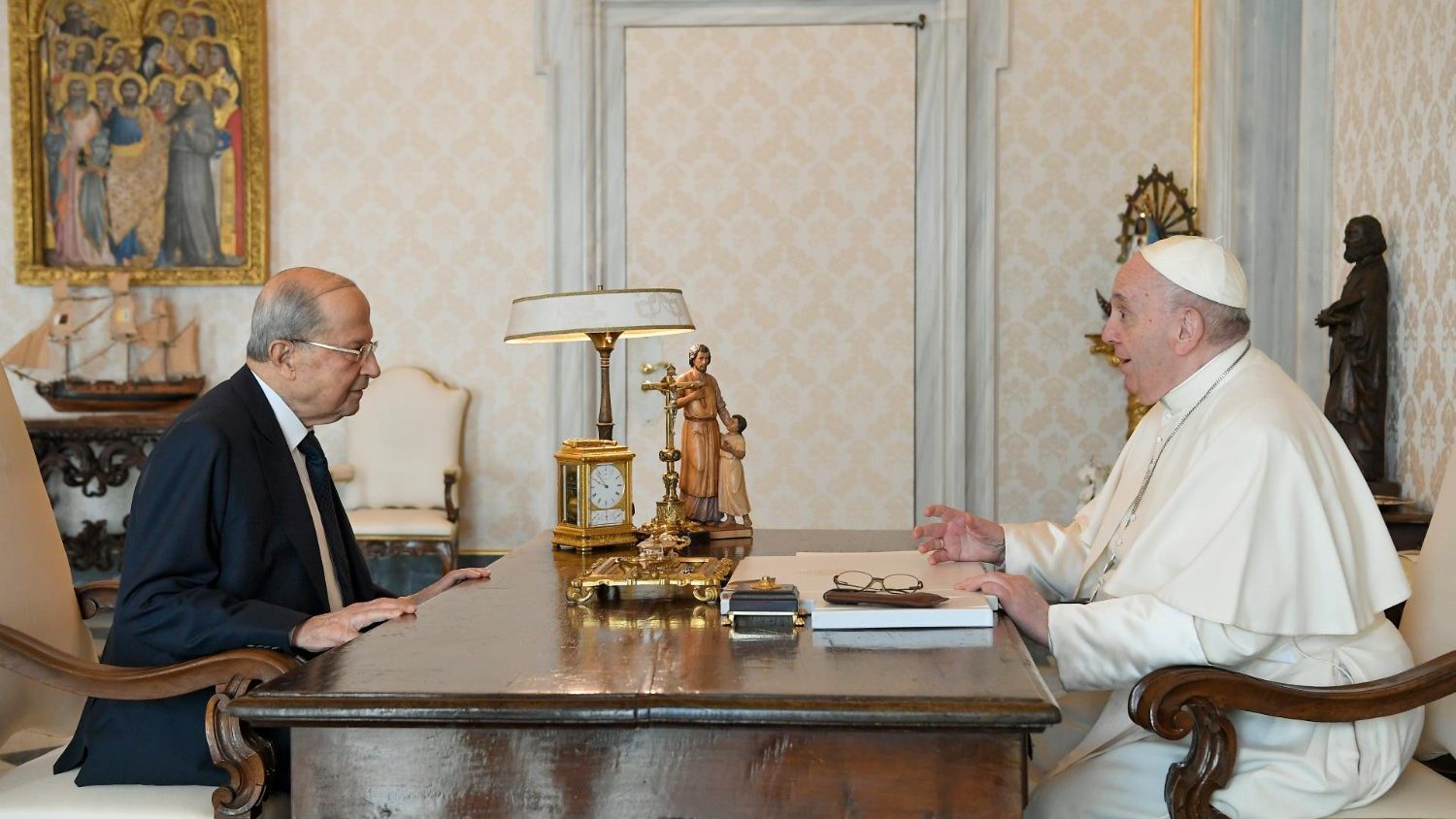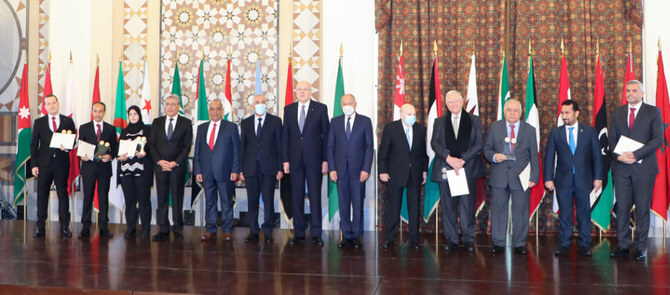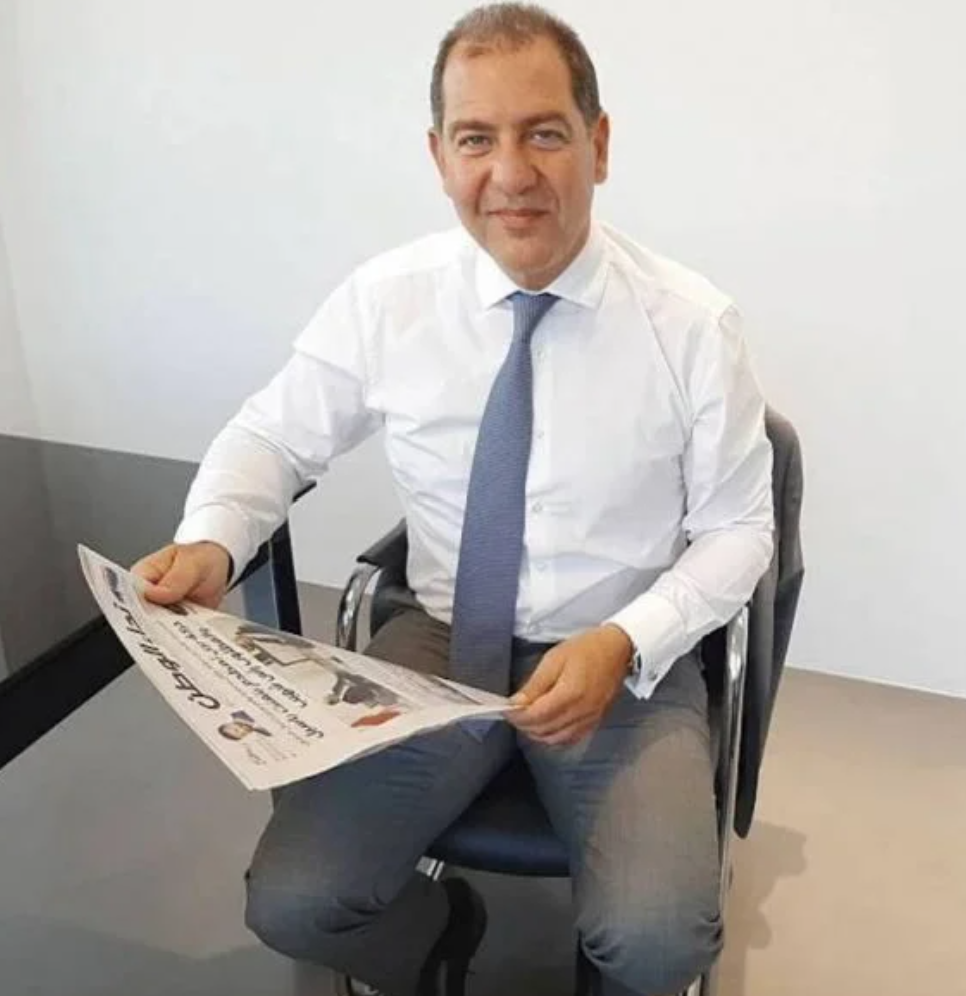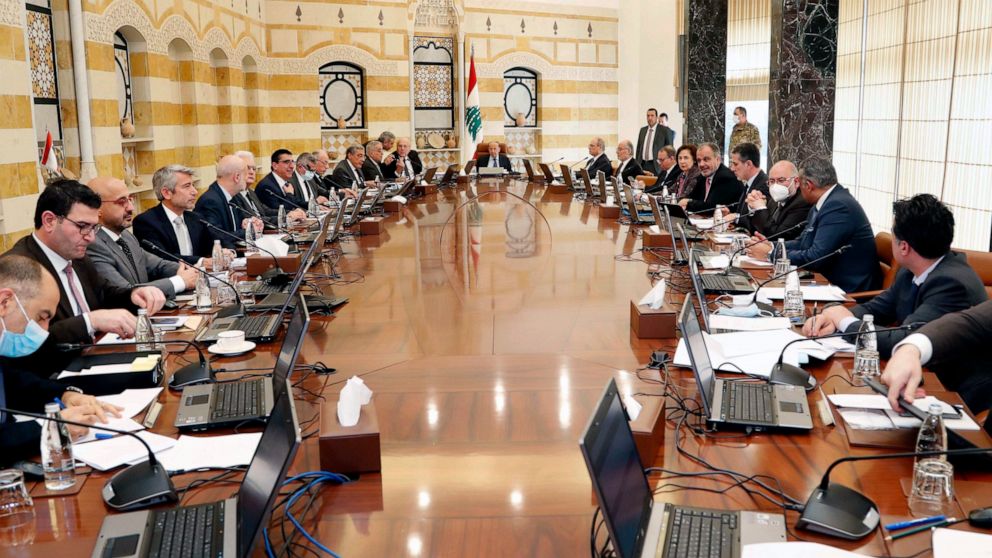
الحياةُ السياسيّةُ في لبنان مُكَلَّسةٌ. سكونُ قبورٍ من دونِ خشوعِ السَرْوِ. كلُّ خبرٍ يَزيدُ القرفَ والإحباط، وكلُّ موقفٍ يَفرِزُ مشاكلَ جديدةً لا حلولًا. كلّما تَكلّم مسؤولٌ جاوز خِطابُه الخِيانة. وكلمّا صَرّحَ بعضُ السياسيّين عانَقَت الشتيمةُ البَذاءةَ وحَضَنَ الانتقامُ الكراهيَة. الحكمةُ هَجَرت العقولَ والمحبّةُ القلوبَ، فوقَفَ الضميرُ حائرًا حيالَ مصيرِ الضمائر. حين يكــثُـــرُ السياسيّون تَقِلُّ السياسةُ ويَندُرُ رجالُ الدولة. وأساسًا نَفتقِدُ الدولةَ والرجال. في لبنان يوجدُ سياسيّون لكن لا تُوجد سياسة. ما نَظنُّه سياسةً هو مُتحوِّرٌ أفْرزَهُ الصَّدأُ السياسيُّ. هذا المتحَوِّرُ يُصيبُ المجتمعاتِ الوطنيّةَ التي لا تَتجَدّدُ ولا تَضع كِمامةً ضِدَّ من أساءَ إليها ورَعى انهيارَها.
بموازاةِ هذا الصدأِ، نَشهَدُ نزوحَ أحزابٍ وتيّاراتٍ لبنانيّةٍ عن ثوابِتها وحتّى عن وفائِها لتاريخِها ورموزِها، ونُبصِرُ ارتحالَ الأجيالِ الجديدةِ عن الأحزاب. في الهَجْرِ مُتعَةٌ. لكنْ، لا الأحزابُ عَثرَت على شعبيّةٍ بديلة، ولا الأجيالُ اللبنانيّةُ وَجَدت وجهةً أخرى. في الانتظار، لجأ الشبابُ إلى مجموعاتٍ وجمعيّاتٍ لا تَبتغي الربحَ (صارت تَبغي، وتَبتغي الربح) للمشاركةِ في الشأنِ العامّ. إنّه لجوءٌ موَقَّتٌ لا يَرقى إلى مرتبةِ الالتزامِ الوطنيِّ والوِجدانيّ، ولا يُغني عن أطرٍ سياسيّةٍ ثابتة.
هذه النزعةُ تؤثّرُ على انتظامِ الحياةِ الديمقراطيّةِ وعلى صدقيّةِ الانتخاباتِ النيابيّةِ. رغم ذلك لم نَـجِد بعدُ نظامًا أفضلَ من الديمقراطيّةِ لضمان الحريّات، ولم تَجد الديمقراطيّةُ آليّةً أفضلَ من الانتخاباتِ لتمثيلِ الشعب. بَيْدَ أنَّ الانتخاباتِ النيابيّةَ التي كانت شرطًا ضروريًّا وكافيًا لصُحّةِ التمثيلِ الشعبيّ، صارت اليومَ شرطًا ضروريًّا لكنّه غيرُ كافٍ. كلتاهما، الديمقراطيّةُ والانتخاباتُ، فَقدَت رونقَها. الديمقراطيّةُ تبدو ضعيفةً أمام أعدائِها، والانتخاباتُ تتحوّلُ من استحقاقٍ دستوريٍّ إلى مِهرجانٍ شَعبويّ. الانتخاباتُ قوّةُ الديمقراطيّةِ وضُعفُها. في الدولِ الديكتاتوريّةِ يَعتبرُ المواطنون أنْ لا فائدةَ من تصويتِهم، فالانتخاباتُ عَرْضٌ برتوكوليّ. وفي الدولِ الديمقراطيّةِ فَقدَ المواطنون نخوةَ التصويتِ وتلاشَت ثقتُهم بالسياسيّين.
